Pantry, Fridge, Countertop: Where to Store Your Food


Bananas
Keep them on the counter until they start to turn brown -- no more than a few days. If you put them in the fridge, they’ll blacken within a day or two. The skin will also blacken if you put them in the freezer, but the fruit inside will be safe to eat. To keep them around longer, peel them, dip them in lemon juice (to preserve color and texture), and pop them in the freezer. They’ll be good for a month or so.
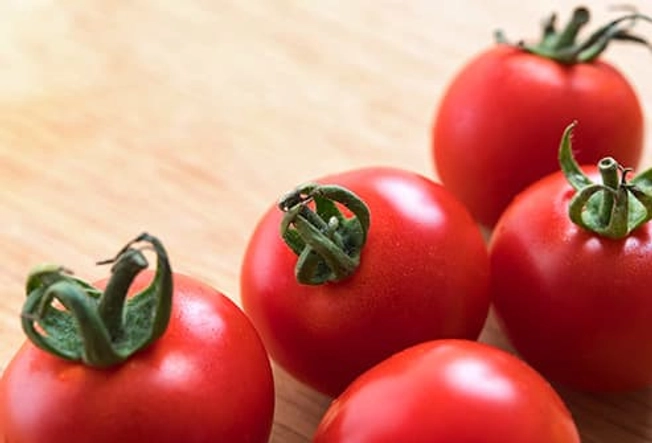
Tomatoes
It’s true that they spoil more easily on the counter, but it’s the best way to ripen them. They’ll last longer in the fridge, but there’s a tradeoff: They might get mealy or grainy. Once you cut a tomato, wrap it up and store it in the fridge to keep away nasty bacteria.

Honey
The sweet stuff won’t spoil if you keep it in your pantry. It doesn’t hurt to put it in the fridge, but it will get thick and hard to pour. Most people think it tastes better at room temperature.
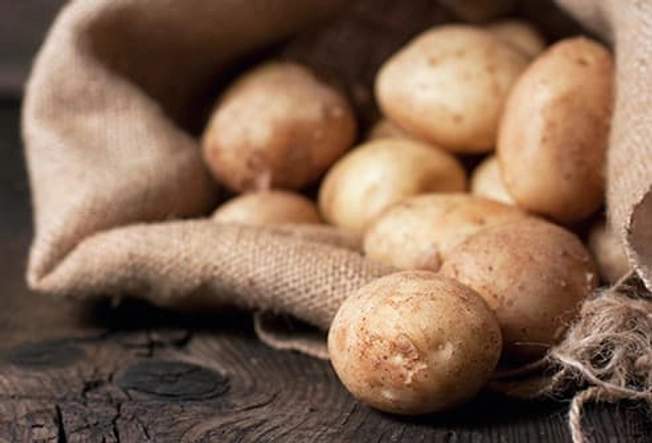
Potatoes
Keep them in your pantry or some other cool, dark place. Their starch turns to sugar in the fridge, which means the texture and taste will change when you cook them. They’ll also sprout faster when they’re chilly. Those green shoots mean it’s time to toss them. Cooked potatoes -- mashed or whole -- can stay in the freezer for up to a year.

Bread
It’s better off sitting on the counter, even if it only lasts 2-4 days. The dry air in your fridge can make it go stale. If you’re worried about mold or you want to store it long term, keep it in the freezer. It should last 2 or 3 months if you wrap it well. Take out what you need and thaw it on the counter -- or in your toaster if it has a defrost setting.

Cheese
It tastes best at room temperature. But like all food made from animals or animal products, it should be stored in the fridge. Wrap hard cheese in paper or wax paper first and then plastic wrap for best results. Take cheese out an hour or so before you want to eat it. That will warm it up a bit.
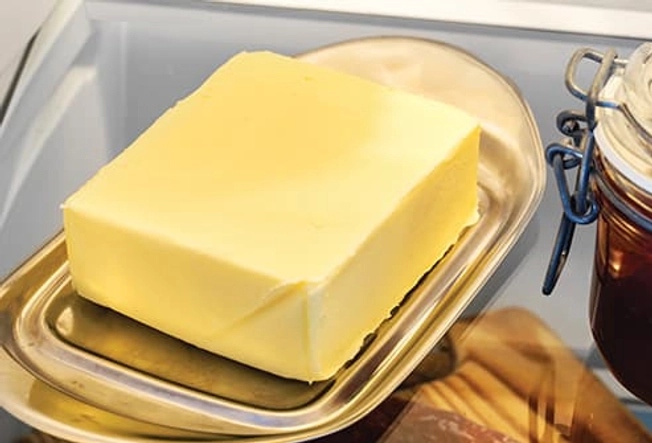
Butter
Grandma left it out on the counter to keep it soft and easy to spread. But the fridge is best to keep bacteria away. It should be OK in there for 1 to 3 months. Take out what you plan to use and let it soften about 30 minutes ahead of time. You can also wrap it well and freeze it for 6 to 9 months.

Coffee
It doesn’t like heat, light, moisture, or air. It starts to lose freshness as soon as it’s roasted. So buy only enough for a week or two. Store it in an airtight container in a cool, dark spot in the kitchen. There’s heated debate about whether to freeze or refrigerate it, but it doesn’t matter much as long as you protect it from outside air.
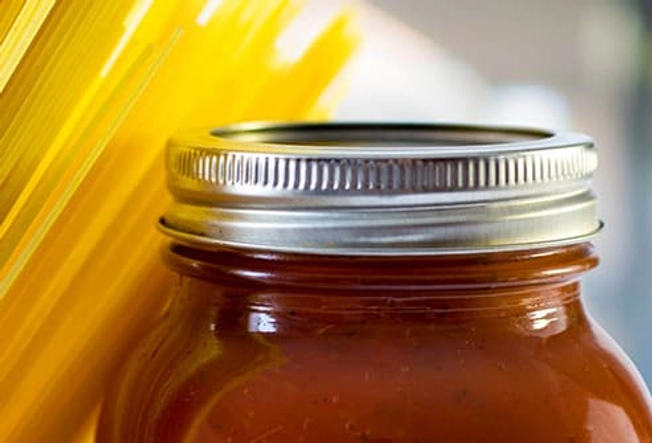
Spaghetti Sauce
The jars you buy at the supermarket can stay in the pantry for 18 months or more. Once opened, it’ll stay fresh in the fridge for about 4 days. Do you open a large jar but only use part of it? Buy a smaller size so you’ll get only the amount you need.

Olive Oil
It should stay fresh in your pantry for 3 to 6 months after you open it. Light and air are bad for it, so try to keep it well sealed and store it in a dark, cool spot. The fridge is a no-go. It could get cloudy or turn solid in there. Olive oil tastes best between 65 and 75 F.
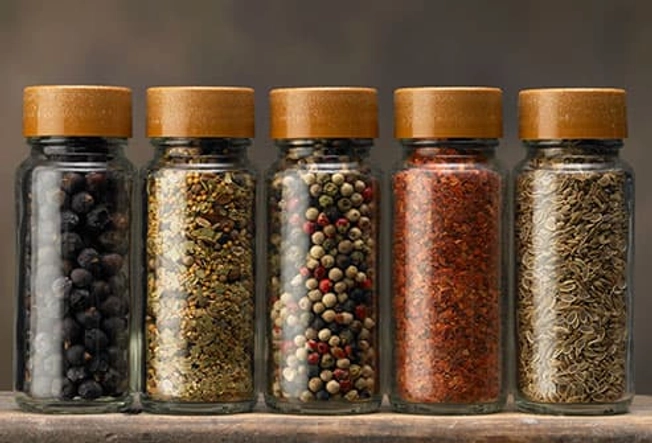
Dried Spices
It may seem handy to keep them out on the counter or next to your stove, but direct sunlight and heat from cooking can damage flavors quickly. Exposure to air can do the same thing. Look for a cool, dark, place and use airtight containers. Stored like this, they’re good for at least a year.

Fresh Herbs
Put them in the fridge as soon as you get home from the store (they should be in the chiller there, too). Cut off and throw away any bruised stems or leaves. To preserve herbs that brown or wilt easily, like basil or cilantro, put them in a glass of water with the stems down. Cover the leaves with a plastic bag.

Canned Tuna or Salmon
Unopened cans should be fine for a year or more in your pantry -- check the “use by” date. Once a can is opened, it’s only good for another day or two. Keep it in the fridge.

Deli Meats
Fridge-only is the rule here. Eat chicken or turkey cold cuts within about 3 days. Red meat slices will last 3 to 5 days. Prepackaged deli meats will be OK for a couple of weeks. Once you open the package, try to use the meat within 3 to 5 days. Unopened packages will last a couple of months in the freezer.
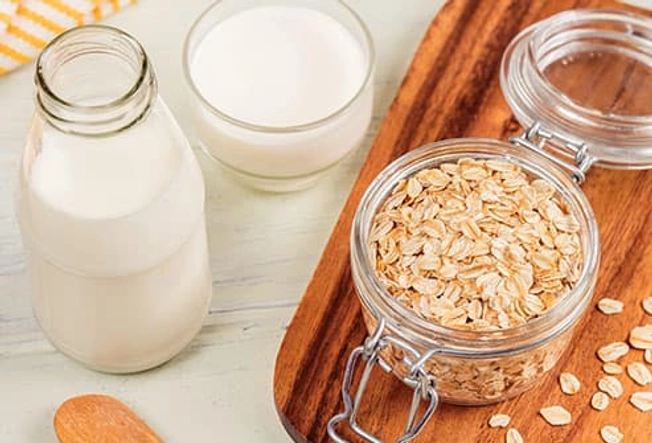
Dry Cereal
It should stay fresh in your pantry for at least 2 to 3 months. To keep it crunchy, fold down the package liner after you open the box, or put it in an airtight container. The goal is to keep out moist air that will turn it soggy and make it spoil faster.